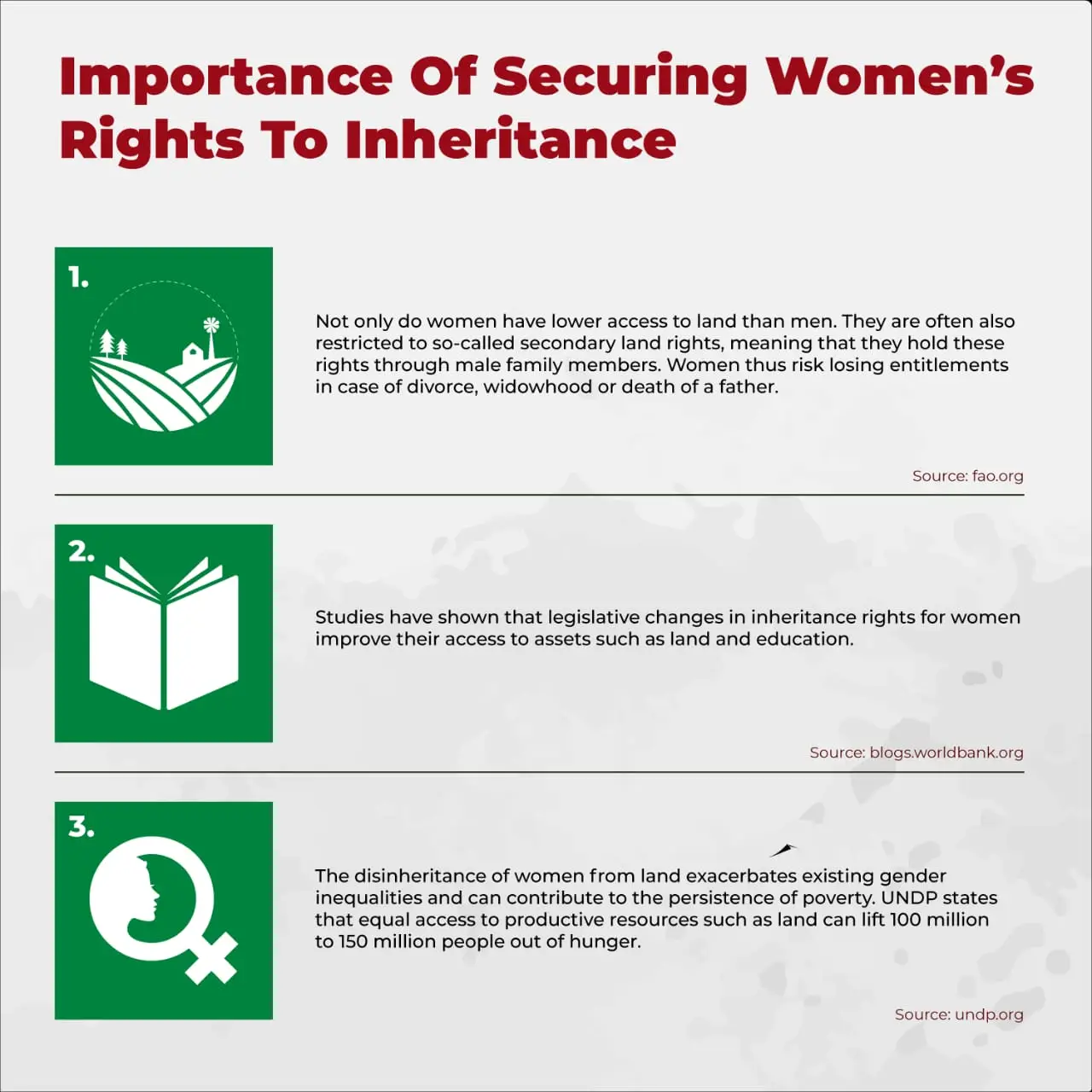In 2022, the World Bank’s gender data highlighted a crucial fact: Nigerian sons and daughters have equal rights to inherit assets from their parents. Moreover, the Nigerian Constitution safeguards citizens’ equal rights under the law, emphasizing non-discrimination. Customary law, too, is recognised and upheld within the Constitution. However, even with these legal frameworks and a Supreme Court ruling, many cultures and families in Nigeria continue to deny women their rightful inheritance. Although the Yoruba and Efik traditions conform to these laws, pockets of communities in the South-South and South-East regions resist, perpetuating male-centric wealth distribution. In this article, Edoamaowo Udeme delves into the phenomenon of “stolen inheritance” and examines the roots of resistance within certain tribes. The Case of Comfort Ibeh
Women’s struggle to own land

